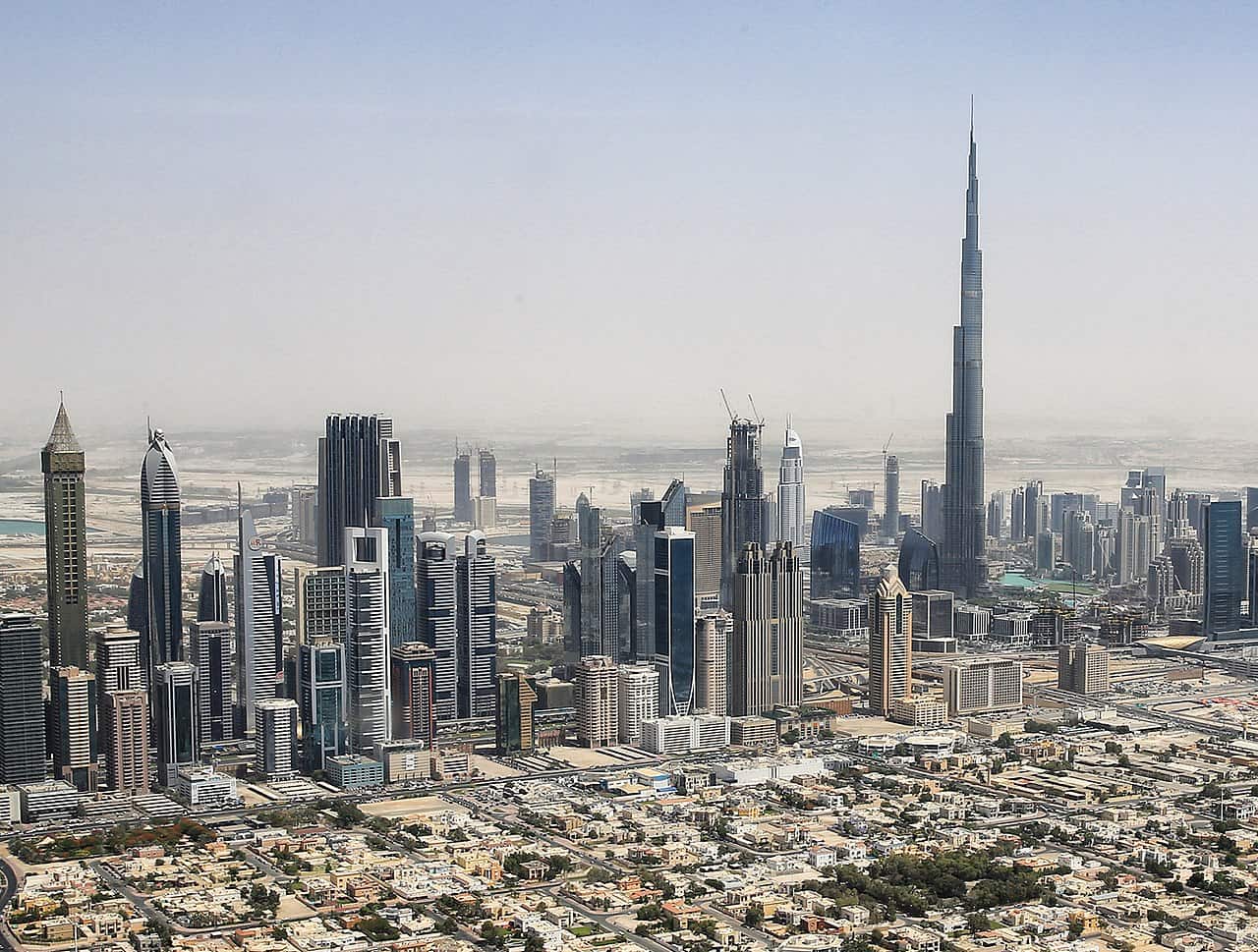ABU DHABI, UAE – The UAE has ranked 26th globally and first in the Arab world in the 2021/2022 Human Development Report, which is published annually by United Nations Development Program (UNDP).
The Human Development Index (HDI) is a summary measure for assessing long-term progress in three basic dimensions of human development – a long and healthy life, access to knowledge and a decent standard of living.
The UAE’s HDI value for 2021 reached 0.911 which put the country in the ‘Very High’ human development category positioning it at 26 out of 191 countries and territories.
Between 1990 and 2021, the UAE’s HDI value rose from 0.728 to 0.911, an increase of 25.1 percent, with life expectancy at birth in the country rising by 6.8 years.
As per the report, the UAE’s Gender Development Index (GDI) value of 0.953, placing it into Group 2, with the 2021 female HDI value for United Arab Emirates is 0.877 in contrast with 0.921 for males.
The GDI measures gender gaps in achievements in three basic dimensions of human development – health (measured by female and male life expectancy at birth), knowledge (measured by female and male expected years of schooling for children and mean years of schooling for adults aged 25 years and older) and living standards (measured by female and male estimated GNI per capita).
On the Gender Inequality Index (GII), which measures gender inequalities (the loss in human development due to inequality between female and male achievements) in three key dimensions – reproductive health, empowerment and labor market, the country scored a value of 0.049, ranking it 11 out of 170 countries in 2021.
The lower GII values represent a better performance regarding gender inequality.
Reproductive health is measured by maternal mortality ratio and adolescent birth rates, empowerment is measured by the shares of parliamentary seats held and population.
Secondary education is measured by each gender and worker participation is measured by the labor force participation rates for women and men.

